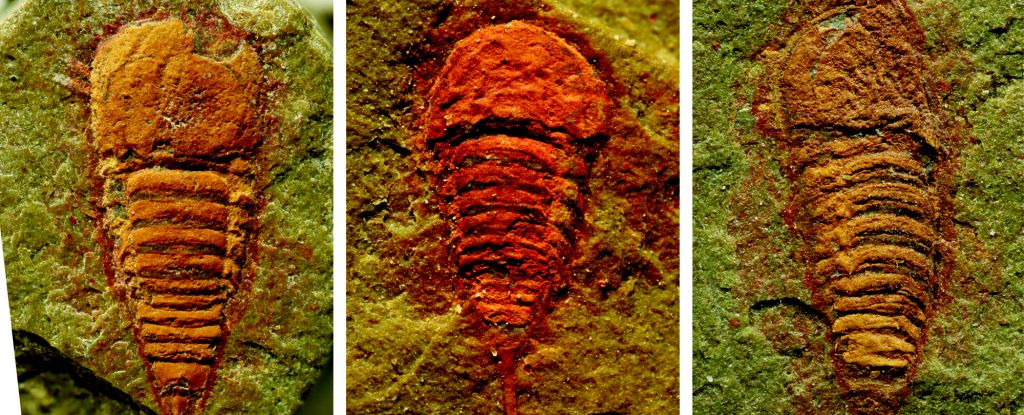Batteries, Vol. 9, Pages 499: State of Charge Estimation of Lithium-Ion Batteries Based on Vector Forgetting Factor Recursive Least Square and Improved Adaptive Cubature Kalman Filter
Batteries doi: 10.3390/batteries9100499
Authors: Yiyi Guo Jindong Tian Xiaoyu Li Bai Song Yong Tian
Accurate online parameter identification and state of charge (SOC) estimation are both very crucial for ensuring the operating safety of lithium-ion batteries and usually the former is a base of the latter. To achieve accurate and stable SOC estimation results, this paper proposes a model-based method, which incorporates a vector forgetting factor least square (VFFLS) algorithm and an improved adaptive cubature Kalman filter (IACKF). Firstly, considering it is difficult for the traditional forgetting factor recursive least square (FFRLS) algorithm to balance the accuracy, convergence, and stability for multiple parameters with different time-varying periods, an improved VFFLS method is employed to determine the multiple parameters of the first-order RC battery model online. It supersedes the single forgetting factor in the FFRLS with multiple forgetting factors in a vector form for improving adaptive capability to multiple time-varying parameters. Secondly, aiming at the fact that the standard cubature Kalman filter (CKF) cannot operate properly when the error covariance matrix is non-positive definite, which is caused by disturbance, initial error, and the limit of the computer word length, the UR decomposition rather than the Cholesky decomposition is applied, thus improving the algorithm stability. In addition, an adaptive update strategy is added to the CKF to enhance accuracy and convergence speed. Finally, comparative experiments with different operating patterns, positive and non-positive definite error covariance matrices, and temperatures are carried out. Experimental results showed that the proposed method can estimate the SOC accurately and stably.

 7 months ago
19
7 months ago
19


